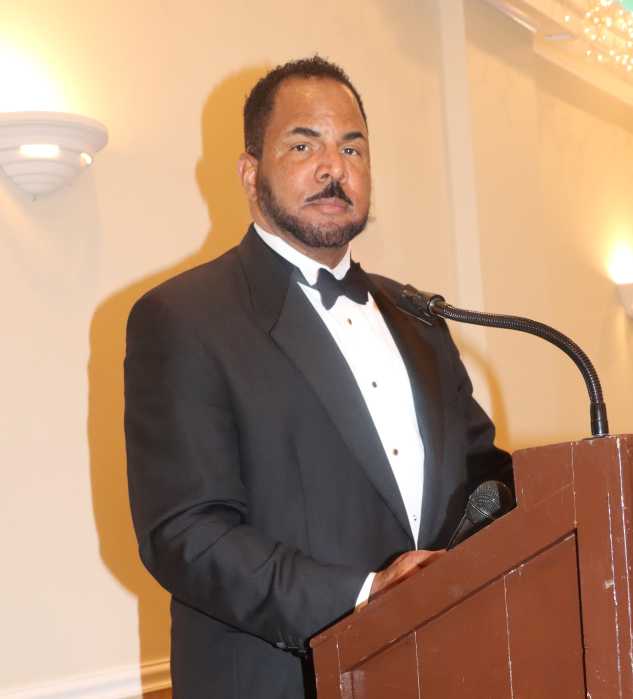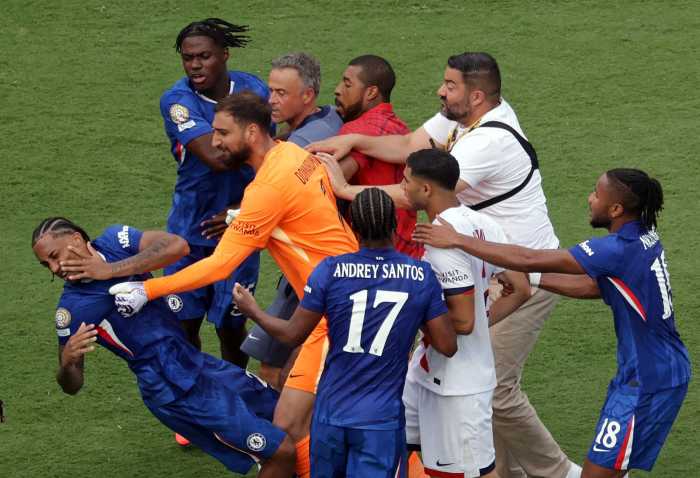In May of 2015, United States oil giant ExxonMobil announced a massive “world class” oil and gas find off Guyana’s coast, setting the stage for the country to begin switching dependency on traditional sectors like gold, sugar, rice and bauxite to one more based on petroleum.
Along with consortium partners Hess Oil and Nexen of China, the group plans to start actual pumping of oil from the seabed sometime in late 2019 or early in 2020. Once they begin to do so, Guyana would become the fourth member of the bloc of 15 Caribbean Community nations after Trinidad, Suriname and Barbados to produce oil. Production is sated at more than 120,000 barrels per day, far greater than Trinidad’s output of just over 80,000.
But while preparations for 2019-20 appear to be going relatively smoothly, authorities have hit a major bump in the road with a leaked central bank document showing that Exxon had paid down about $18M as a signing bonus to Guyana back in 2016. Neither government nor the company had said anything about the so-called bonus payment nor had documented the amount in national revenues in any budget presentation from 2016 going forward.
So when political commentator Chris Ram said that he was very sure that authorities had received the money and were deliberately withholding information about it from the public, opposition politicians, groups like Transparency International and others in society went berserk, accusing government of covering up the fact and planning to systematically siphon off various amounts for personal gain over time. The money is lodged in a special account rather than in the consolidated fund which holds most, if not all, of state revenues.
Attacked from all sides, authorities in the past week have not only acknowledged the existence of the account but are now explaining that the money is to be used specifically to pay high-priced, world class attorneys to fight Guyana’s case at the World Court. This is if UN Secretary General Antonio Guterres decides to send the decades-old border row with Venezuela to the court in The Netherlands.
Guyana has been demanding that the case be so sent, contending that nearly 30 years of United Nations mediation has yielded little fruit and that Venezuela continues to bully Guyana, frighten away investors and even send gunboats in Guyanese waters to terrorize foreign and domestic companies.
The fact that officials had sought not to take ordinary Guyanese and stakeholders in their confidence and remain silent has blown up in the face of authorities with much political gusto.
Attempting to come clean, officials this week explained that the money is to help with the advocacy and prosecution of the case at the World Court because cabinet expects that the United Nations will in fact send the case for a once and for all settlement.
This is so, in the view of Foreign Minister Carl Greenidge, because United Nations mandated talks for all of 2017 have failed, including sessions in Antigua last weekend. Ram has put the figure at $20M. Exxon and government said the figure is $18M.
Opposition Leader Bharrat Jagdeo said he was certain that $2M of the $20M had already been siphoned off but cabinet said no money has been touched.
A soon to be released statement, seen by this newspaper this week, noted that Guyana’s “team of lawyers had firmly suggested that most of the information pertaining to the case should have been kept under wraps until United Nations Secretary General Guterres makes the decision to send the case to the International Court of Justice sometime this month. Acting on that advice, Cabinet took the position to delay the release of this information and was prepared to go along with this strategy when the information came into the public domain. Ministers of government who had spoken on this issue in recent weeks and who had appeared to be stalling or avoiding it altogether, were doing so with the express instructions from our lawyers not to divulge information at this stage. The preservation of our territorial integrity is at stake here, and as Vice-President Carl Greenidge said in Berbice last week, that if left to Venezuela and Suriname alone, there would be no Guyana as we know it today. Our map would be significantly different.”

























